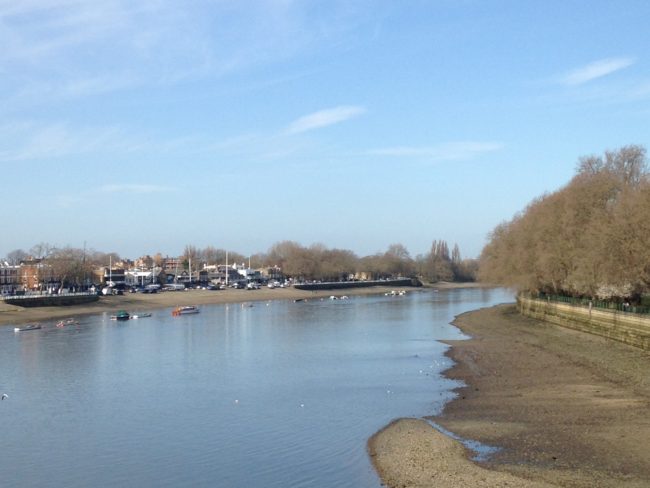
My husband spent a year at an unaccompanied posting with the US government. He wasn’t a solider; he was a bureaucrat. But it was a year away from me and the kids in an environment where there was risk of death, and of physical and psychological harm. There wasn’t anything we could do to protect him from physical risk. That was up to the the US Government and fate.
Psychological risks, though, we could plan for. Here are a few of the things we did before he left to make him as mentally resilient as possible:
- Communications Planning. Neither of us is especially good at staying in touch when we travel. We’ve been to so many remote places where communications weren’t an option (Batken, anybody?) that we just stopped trying. It meant we always had lots to talk about when we were together again. With a year of separation coming up, though, we knew that approach wouldn’t work. Instead, we agreed to skype every single day at the same time. We both arranged our days to keep that 40 minutes free. It meant the my husband, the kids, and I were always present in each other’s lives.
- Minimizing PTSD risks. Mental health research implies that you’re at greater risk for PTSD if you are lonely, bored, or socially isolated. So my husband made an effort to make friends and have a social life at his post, even if he was only there for a year. We also did something a little wackier. I had seen this article indicating that playing a video game immediately after a traumatic experience can help keep you from remembering too much of it.(1) So we put candy crush on his phone and he promised to immediately open it if he ever went through trauma. He didn’t go through trauma, for which I am very grateful, but Candy Crush was ready if he did.
- Physical preparedness. My husband was severely nearsighted and wore ruinously expensive glasses. He underwent vision correction surgery before he left so that if he was in a dangerous situation, he didn’t have to worry about losing his glasses. He also started working out in order to build strength and cardiovascular health. Conveniently, that also gave him an easy hobby to continue once he got to post.
There’s a lot more, but those are the big things. Once thing I’ve noticed in the two and a half years since he got back is how much these habits have set us up for happiness in general. My husband still gets up at 5:30 in the morning to go to the gym; he’s run two half-marathons and improved his blood pressure and cholesterol levels. We communicate a lot more when we travel. And knowing that your social life has an actual health benefit means that we put new effort into making and maintaining friendships, which we both really enjoy.
(1) I wonder if the converse is true – what if playing video games right after joyous experiences keeps you from fully remembering them? And more broadly, what does this imply about smartphone use and our ability to process and remember information?


